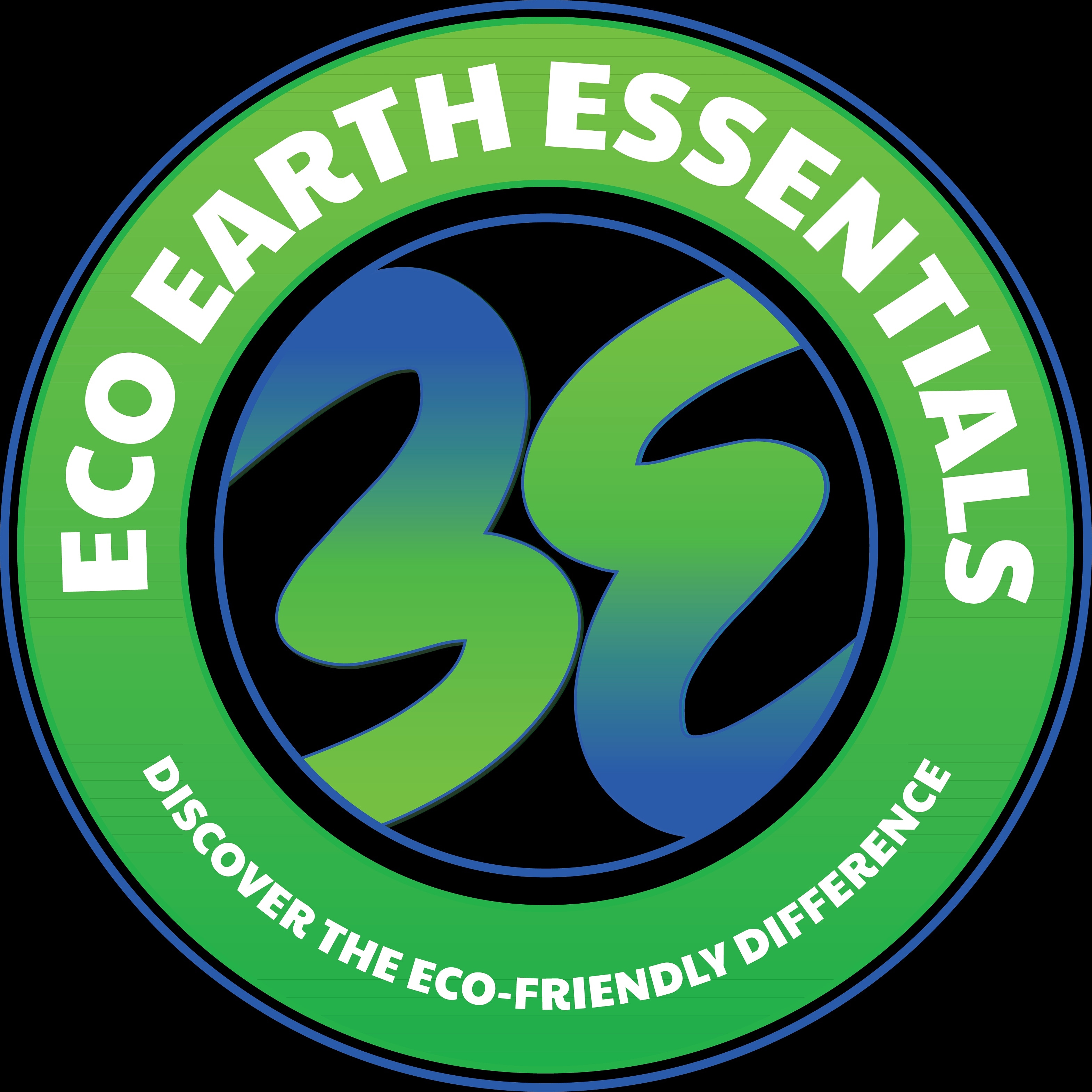From Trash to Transformation: Teaching Kids to Fight Plastic Pollution
- Eco Earth Essentials

- May 25, 2025
- 2 min read

Plastic pollution is one of the most pressing environmental issues facing our planet. With over 300 million tons of plastic produced annually, and an estimated 14 million tons ending up in oceans each year (IUCN, 2021), children are growing up in a world saturated with waste. At Essential Earth Futures (GoEEF), we empower youth to confront this crisis with creativity, knowledge, and action through our Plastic Pollution Program.
Empowering Youth Through Interactive Environmental Education
Our mission is simple: make environmental education hands-on, joyful, and relevant. In our “Plastic Detectives” sessions, youth explore different types of waste and learn how to sort recyclables from landfill-bound items. We use real-world scenarios and fun games to help students understand the long-term impact of everyday materials. Rather than overwhelming them with facts, we inspire problem-solving and empathy for the Earth.
Transforming Waste into Creative Resources: Upcycling in Education
One favorite activity involves creating new objects from clean recyclables, transforming bottle caps into robots, yogurt containers into flower pots, and plastic wrappers into bookmarks. This upcycling process helps reframe waste as a resource, encouraging students to think differently about consumption and disposal.
Beyond the classroom, GoEEF integrates environmental storytelling. Our book Prickles’ Plastic Pickle introduces Sebastian, a young boy, and his pet goat Prickles, who starts a neighborhood eco-movement after Prickles becomes sick after ingesting plastic. The story sparks discussion around plastic pollution, littering, and personal accountability. Students write their own endings, reflect on Prickles’ experience, and connect storytelling to activism.
Additionally, our “Clean-Up Champions” initiative invites kids to participate in community trash collection events. These pop-up cleanups are fun, team-based, and often conclude with art projects using the collected waste. They serve as an opportunity for youth to engage with their environment and see the tangible results of their efforts.
Why it matters: According to the Ellen MacArthur Foundation, only 9% of all plastic ever created has been recycled. Early education is key to changing this statistic. By reaching children before habits are formed, we foster a generation of mindful consumers who understand that reducing waste starts at home.
Research supports this approach. A study published in Environmental Education Research found that experiential learning significantly improves children's retention of environmental knowledge and their willingness to take eco-friendly action. In other words, when kids see, touch, and engage with the issue, they are far more likely to act on it.
GoEEF’s Plastic Pollution Program is both educational and empowering. We want children to leave our sessions feeling like their choices matter because we believe that they are capable of changing their own habits and inspiring change in others. Every reusable bottle, every shared story, and every cleanup effort is a small but mighty step toward a healthier planet powered by our youth.
Interested in hosting a Plastic Detectives day at your school or summer camp?
Contact us to learn more: https://www.goeef.org/contactus/
Support our mission: https://www.goeef.org/donate
Together, we can raise a generation that not only understands the plastic crisis, but is ready to solve it.




Comments